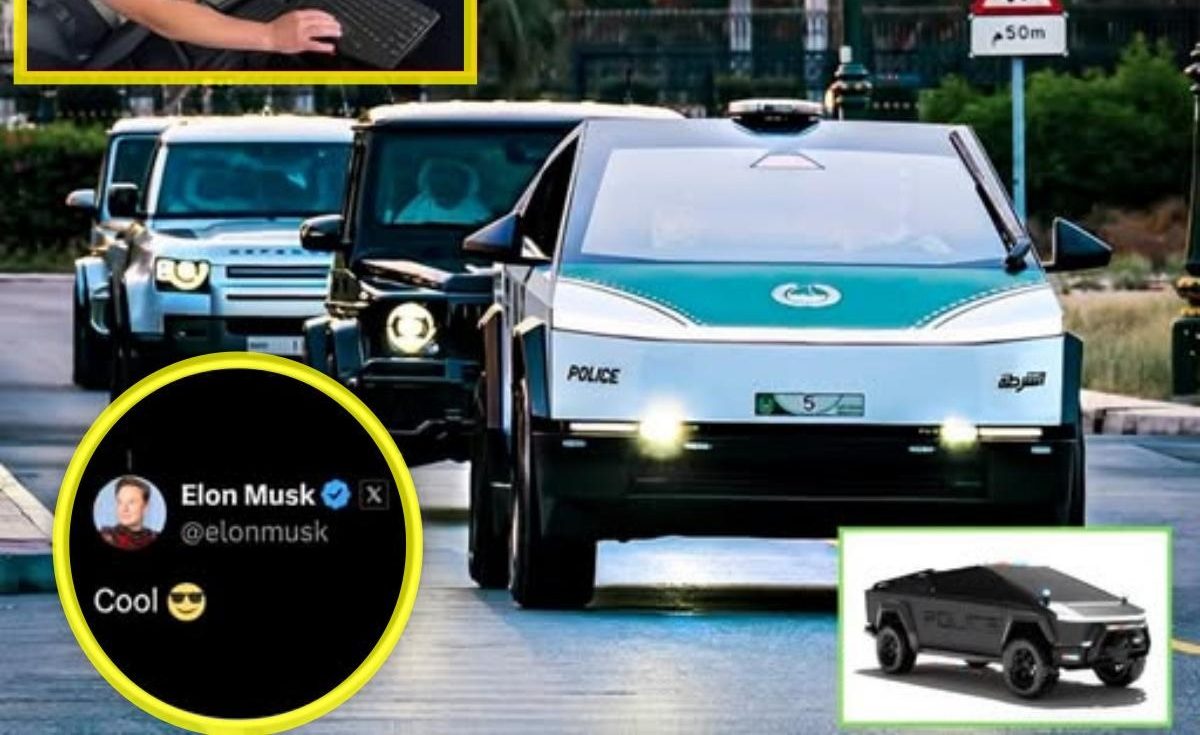Elon Musk, the visionary entrepreneur and CEO of SpaceX, has long been vocal about his ambitious goal of making humanity a multi-planetary species. With his groundbreaking work in the space industry, Musk has consistently pushed the boundaries of what’s possible in space exploration, aiming to lead humanity’s next giant leap beyond Earth. According to Musk, it is not a question of if, but when humanity will take that monumental step and establish a permanent presence on other planets.

In a recent statement, Musk reiterated his belief that humanity’s future lies in space, emphasizing that it’s “only a matter of time” before we venture beyond Earth in a meaningful way. His comments reflect the drive behind SpaceX’s ongoing projects, including the development of the Starship spacecraft, which Musk envisions as the vehicle capable of transporting humans to Mars and other destinations in the solar system.
SpaceX’s Role in Humanity’s Future
Musk’s vision for space exploration is rooted in his desire to make life “interplanetary.” He has been outspoken about the necessity of expanding humanity’s presence beyond Earth, not only as a precautionary measure against existential risks like asteroid impacts or climate change but also as a way to spark innovation, technological advancement, and the potential for a new era of exploration. SpaceX, the private space company Musk founded in 2002, has already achieved major milestones, including the successful launch and landing of reusable rockets and the first private company to send astronauts to the International Space Station.
At the heart of SpaceX’s mission is the development of Starship, an advanced spacecraft designed to carry large numbers of passengers and cargo to the Moon, Mars, and beyond. The spacecraft’s success is seen as critical for enabling long-duration space travel and establishing sustainable colonies on other planets. Musk has emphasized that Starship is intended to be a fully reusable spacecraft, dramatically reducing the cost of space travel and making interplanetary journeys more feasible for the future.
Mars: The Next Frontier
While Musk’s ambition for space exploration extends to many celestial bodies, Mars remains the primary focus of his efforts. He has long advocated for the colonization of Mars, envisioning a thriving human settlement on the Red Planet. Musk argues that establishing a colony on Mars would ensure the survival of humanity in the event of a disaster on Earth and offer a unique opportunity for scientific discovery and innovation.
SpaceX’s Starship, which is currently undergoing development and testing, is designed to carry humans to Mars, with plans for the first crewed missions expected within the next few years. Musk’s ultimate goal is to establish a self-sustaining city on Mars, where humans can live and thrive without relying on Earth for resources. This vision is still in the early stages, but Musk has remained optimistic, stressing that while challenges remain, the progress made so far is a promising sign of things to come.
Challenges on the Horizon
Despite Musk’s optimism, there are significant challenges that must be overcome before humanity can truly take its next giant leap into space. For one, the technological hurdles are immense. Developing spacecraft capable of transporting humans on long-duration missions is no easy feat. Spacecraft need to be equipped with life-support systems, radiation protection, and sustainable energy sources to ensure the well-being of astronauts during their journey to and from distant planets.

Furthermore, the physical and psychological challenges of living on another planet cannot be understated. Astronauts would face the dangers of space radiation, microgravity, and isolation, which can take a toll on both their physical and mental health. Building a sustainable colony on Mars, for example, would require advanced technology to produce food, water, and oxygen locally, as well as solutions to combat the planet’s harsh environment, including its thin atmosphere and extreme temperatures.
Financially, the cost of space exploration is astronomical. While SpaceX has made tremendous strides in reducing launch costs through reusable rockets, the scale of the Mars colonization project would require billions of dollars in investment. Musk has spoken about the importance of public-private partnerships and believes that the collaboration between government space agencies and private companies will be crucial for advancing space exploration.
A Vision for the Future
Despite these challenges, Musk remains confident that humanity’s next giant leap is within reach. His belief that it is only a matter of time before humanity establishes a permanent presence on another planet underscores his long-term vision for space exploration. SpaceX’s achievements so far, including the successful launch of the Falcon Heavy, the creation of the Crew Dragon capsule, and the upcoming tests of Starship, show that the company is progressing steadily toward its goal.
Musk’s ultimate goal is to inspire a new generation of explorers, scientists, and innovators to look beyond Earth and embrace the possibilities that space offers. By pushing the boundaries of technology and investing in ambitious projects, Musk is working toward a future where humans are no longer confined to a single planet but are free to explore the cosmos and build new civilizations on distant worlds.
As the years progress and technological advancements continue, it seems that Musk’s dream of making humanity a multi-planetary species may not be as far off as once thought. With ongoing investments in space exploration and a relentless pursuit of innovation, it’s clear that the next giant leap for humanity is only a matter of time.


